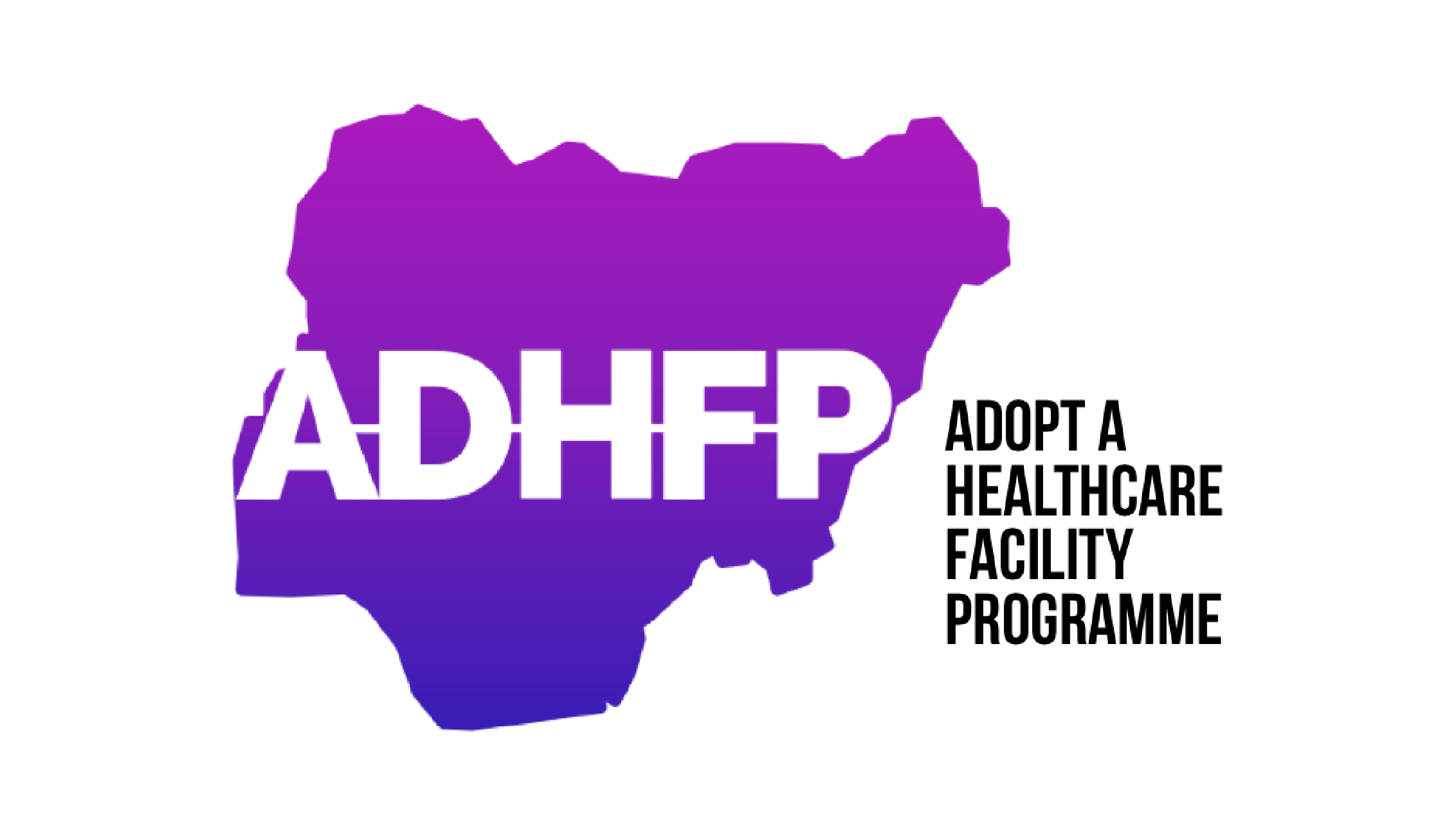
Google Brings Information to Access Better Healthcare Services to Expectant Mothers with its New AP
Imagine the scare and confusion that sets in when you or a pregnant relative in your care needs urgent medical attention and the clinic you frequently visit is backed up or inaccessible and therefore unable to give the speedy and efficient medical care that is required. What happens next?
Google’s novel solution to this is a tool aimed at assisting pregnant women in Nigeria in accessing urgent obstetric care. This tool represents a comprehensive initiative to support decision-makers, governments, and public health organizations in addressing the challenges associated with accessing healthcare services in regions where facilities are scarce. Leveraging Google’s internal directions Application Programming Interface (API), the tool estimates the travel duration to the nearest, second nearest, and third nearest emergency obstetric care facilities in specific areas of the country. By providing this vital information, it aims to bridge the gap and improve access to critical healthcare services for pregnant women in Nigeria.
Google revealed that the newly introduced tool was developed using a dataset released by the company in 2021. This dataset provided information on average travel times to COVID-19 vaccination centers. Boston Children’s Hospital and the Harvard School of Public Health in Massachusetts utilized this dataset to identify areas with limited access to vaccines, known as “vaccine deserts,” thereby facilitating targeted vaccination efforts.
Furthermore, Google emphasized that decision-makers can utilize the information collected through the tool to enhance ambulatory services, implement road improvements, establish new healthcare facilities, upgrade existing ones, and more.
According to the World Health Organization (WHO), approximately 830 women die each day from preventable pregnancy and childbirth-related causes, with over 70 percent of these fatalities occurring in Sub-Saharan Africa. Recent estimates from WHO indicate that Nigeria has the highest number of maternal health-related deaths worldwide.
According to findings from ‘The Evidence For Emergency Obstetric Care Study,’ timely access to emergency obstetric care has the potential to reduce maternal deaths by approximately 50 percent and intrapartum stillbirths by 75 percent. Unfortunately, long travel distances from home to healthcare facilities have a significant impact on the outcomes of pregnancies for both mothers and newborns.
However, existing methods of estimating travel times for expectant mothers to reach emergency obstetric care facilities are limited in their effectiveness. To address this, Google, in collaboration with the OnTIME Consortium, has developed a tool that provides valuable insights to decision-makers on how expectant mothers can quickly access emergency obstetric care in Nigeria’s 15 largest cities. These cities include Aba, Abuja, Benin City, Ibadan, Ilorin, Jos, Kaduna, Kano, Lagos, Maiduguri, Onitsha, Owerri, Port Harcourt, Uyo, and Warri.
Olumide Balogun, the Interim Lead of Google Nigeria, expressed enthusiasm for the partnership with the OnTIME Consortium, highlighting their shared goal of improving care for expectant mothers. The tool aims to empower policymakers, doctors, and researchers to make informed decisions and enhance the provision of maternal healthcare in Nigeria.
Our hope is that Nigerians take advantage of this new tool to make access to healthcare more seemless and stress-free.
